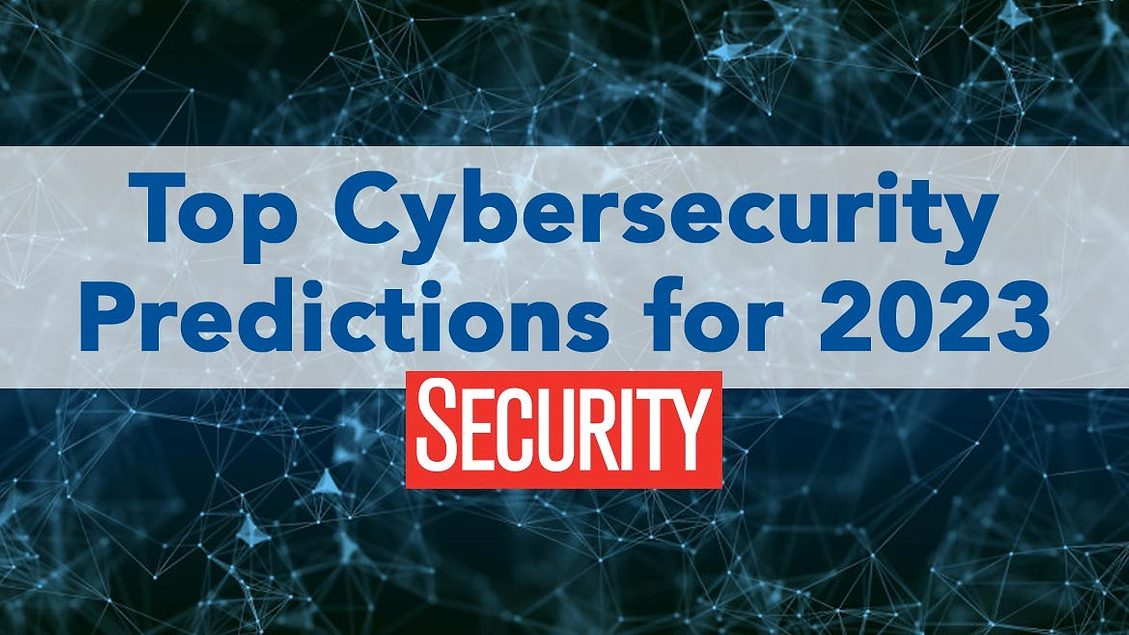Future-Proof Your Service: Secret Cybersecurity Predictions You Need to Know
As businesses face the increasing speed of digital transformation, recognizing the progressing landscape of cybersecurity is essential for lasting durability. Predictions recommend a considerable uptick in AI-driven cyber threats, alongside heightened regulative examination and the necessary shift in the direction of Absolutely no Count on Design.
Rise of AI-Driven Cyber Hazards

Among the most concerning advancements is using AI in developing deepfakes and phishing plans that are incredibly convincing. Cybercriminals can produce sound and video clip material, posing executives or trusted individuals, to control sufferers right into disclosing delicate details or licensing illegal deals. In addition, AI-driven malware can adapt in real-time to avert detection by standard protection procedures.
Organizations should recognize the urgent requirement to bolster their cybersecurity structures to combat these evolving dangers. This consists of investing in innovative risk detection systems, cultivating a culture of cybersecurity understanding, and carrying out durable occurrence action plans. As the landscape of cyber dangers transforms, aggressive procedures end up being vital for safeguarding sensitive data and preserving service honesty in an increasingly electronic world.
Raised Concentrate On Data Personal Privacy
Exactly how can organizations effectively browse the growing emphasis on data personal privacy in today's digital landscape? As regulative structures develop and customer assumptions climb, businesses should prioritize robust information personal privacy techniques.
Investing in worker training is critical, as personnel awareness straight influences data protection. Additionally, leveraging technology to improve information safety is crucial.
Partnership with lawful and IT groups is vital to straighten data privacy efforts with business goals. Organizations must likewise involve with stakeholders, consisting of clients, to communicate their dedication to information privacy transparently. By proactively addressing data privacy worries, organizations can construct trust and enhance their track record, inevitably adding to lasting success in a progressively looked at electronic atmosphere.
The Change to Absolutely No Count On Style
In feedback to the progressing threat landscape, companies are significantly embracing No Depend on Design (ZTA) as a fundamental cybersecurity strategy. This strategy is asserted on the principle of "never count on, constantly validate," which mandates continuous verification of user identifications, devices, and data, despite their location within or outside the network perimeter.
Transitioning to ZTA includes applying identification and access administration (IAM) services, micro-segmentation, and least-privilege access controls. By granularly regulating access to resources, organizations can minimize the risk of expert dangers and lessen the influence of outside breaches. Moreover, ZTA encompasses robust surveillance and analytics abilities, permitting organizations to find and reply to abnormalities in real-time.

The shift to ZTA is additionally sustained by the boosting adoption of cloud solutions and remote work, which have actually increased the assault surface area (cyber attacks). Typical perimeter-based security models want in this new landscape, making ZTA a much more resilient and flexible framework
As cyber hazards remain to grow in sophistication, the adoption of No Depend on principles will certainly be important for organizations seeking to safeguard their possessions and preserve regulatory conformity while ensuring organization connection in an unsure setting.
Governing Changes imminent

Forthcoming guidelines are anticipated to address a variety of problems, including information privacy, violation notification, and event action protocols. The General Information Defense Guideline (GDPR) in Europe has established a criterion, and comparable frameworks are view it now emerging in other areas, such as the United States with the suggested federal review privacy laws. These regulations frequently impose stringent penalties for non-compliance, highlighting the requirement for organizations to prioritize their cybersecurity steps.
Furthermore, industries such as finance, healthcare, and critical framework are likely to deal with extra stringent needs, reflecting the sensitive nature of the data they take care of. Compliance will certainly not merely be a legal obligation yet an important component of structure depend on with consumers and stakeholders. Organizations should remain in advance of these modifications, integrating governing requirements right into their cybersecurity strategies to make sure resilience and shield their possessions efficiently.
Relevance of Cybersecurity Training
Why is cybersecurity training an important component of a company's protection strategy? In a period where cyber threats are increasingly innovative, organizations have to acknowledge that their workers are commonly the first line of defense. Effective cybersecurity training furnishes team with the expertise to recognize potential threats, such as phishing assaults, malware, and social engineering techniques.
By fostering a society of safety awareness, organizations can substantially reduce the risk of human error, which is a leading cause of data breaches. Regular training sessions make certain that staff members stay informed concerning the newest threats and best methods, thereby boosting their capacity to react suitably to incidents.
In addition, cybersecurity training advertises compliance with governing demands, reducing the risk of legal repercussions and punitive damages. It also equips employees to take ownership of their role in the organization's safety and security structure, bring about an aggressive as opposed to responsive method to cybersecurity.
Final Thought
In final thought, other the advancing landscape of cybersecurity demands proactive procedures to address arising dangers. The increase of AI-driven strikes, combined with enhanced information personal privacy concerns and the transition to Absolutely no Depend on Style, demands a comprehensive approach to security.